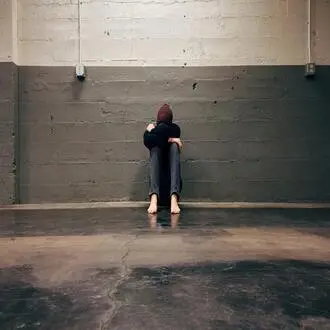Transcription Meditation and mindfulness as relaxation tools
Meditation and mindfulness, while practices with ancient roots and a wide range of applications, are also used effectively as tools to induce relaxation, reduce stress, and manage the symptoms of anxiety.
Their focus on present-day attention and nonjudgmental acceptance of internal experience can be profoundly transformative.
Meditation for Calm and Focus
There are many types of meditation, but most share the goal of training attention and cultivating a calm state of mind.
Meditative practices often involve focusing on an object of attention, such as the breath, a mantra, a sound, or bodily sensations.
By directing attention in a sustained way, you reduce the mind's tendency to wander and become entangled in worrisome or anxious thoughts.
Although the mind will inevitably wander, the practice is about recognizing that distraction and gently bringing the attention back to the chosen focus, again and again time.
This attention "training" strengthens the ability to concentrate and can induce a relaxation response.
Mindfulness. Mindfulness of the Present Moment
Mindfulness, as discussed above, is a particular way of paying attention: on purpose, in the present moment, and nonjudgmentally.
Applied to anxiety, mindfulness involves observing anxious thoughts, emotions, and physical sensations as they arise, without trying to suppress, change, or react to them automatically.
Rather than fighting or being swept away by anxiety, you adopt a stance of a curious and accepting observer.
You acknowledge the presence of anxiety, observe how it manifests in your body and mind, and allow it to be there without judgment.
This acceptance can, paradoxically, reduce the intensity of anxiety and the suffering associated with it.
Joint Application for Anxiety
Meditation can be one way to practice mindfulness, and mindfulness can be integrated into daily life beyond Formal meditation.
Both practices help people with anxiety to:
- Develop greater awareness of their anxious thinking and reaction patterns.
- Distance themselves from anxious thoughts, recognizing them as mental events rather than absolute facts.
- Reduce emotional reactivity to anxiety symptoms or triggers.
- Increase the ability to be present instead of worrying about the future or ruminating about the past.
- Activate the body's relaxation response.
Programs such as Mindfulness-Based Stress Reduction (MBSR) have been shown to be very effective for managing anxiety and stress, integrating meditation, body scanning, and gentle yoga practices.
These tools offer a path to cultivating inner calm and a healthier relationship with one's anxious experience.
meditation mindfulness as relaxation tools




